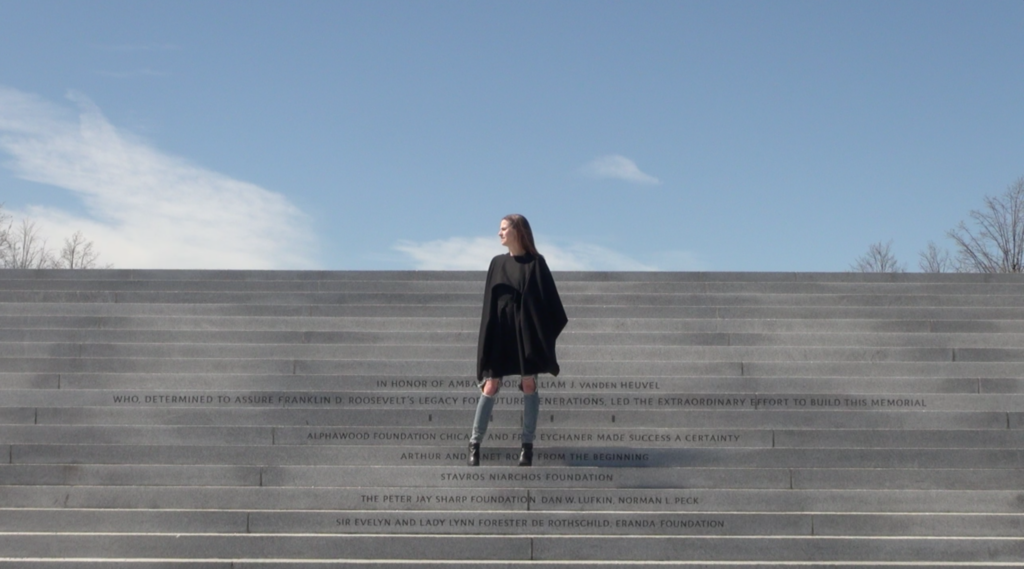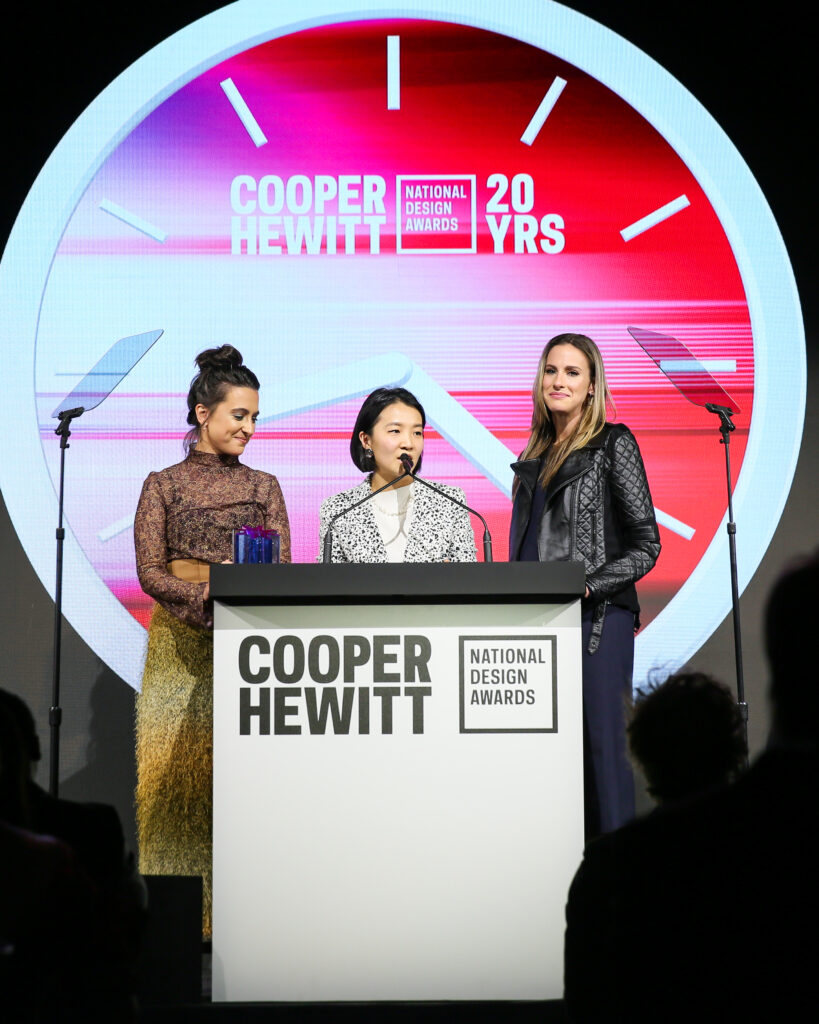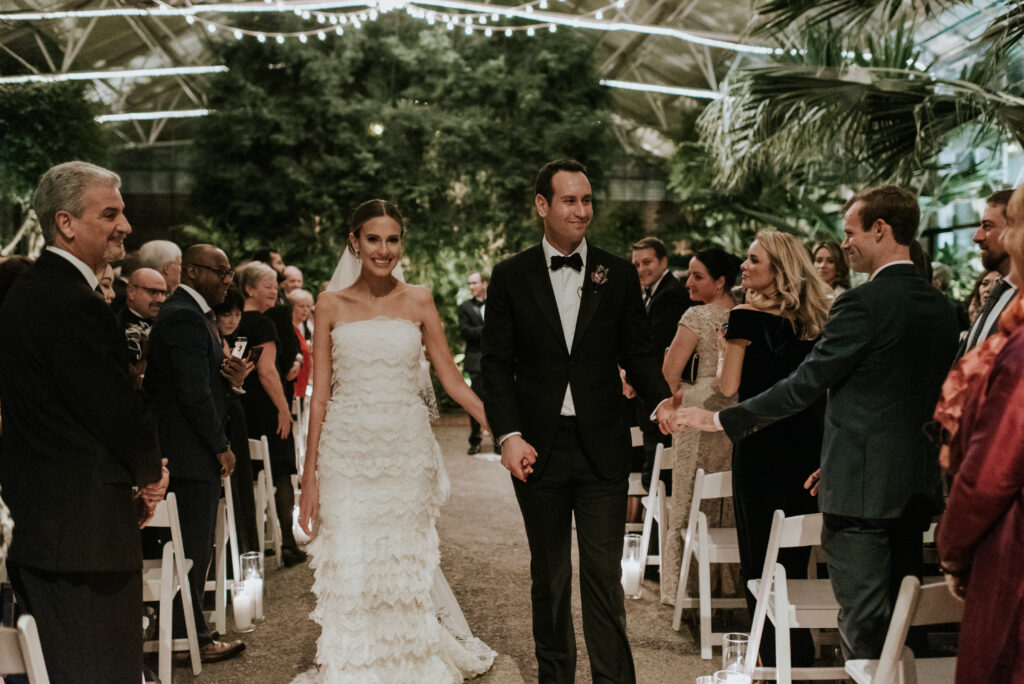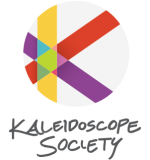
Christina Mallon is an award-winning inclusive designer focusing on inclusive AI & digital products.
At the start of Christina’s professional career, her arms slowly became paralyzed. As a young designer starting her career with a “disability,” she felt under-represented as a consumer and wanted to make an impact. She now leading inclusive design across Microsoft worldwide, ensuring that technology considers the needs of marginalized communities. In her free time, she sits on the board of Open Style Lab, a design education nonprofit focused on creating an accessible future. Christina has gained International recognition for her groundbreaking work and took time to share a little of her ADHD journey with us.
Can you tell us a little bit about your ADHD journey?
In second grade I was really struggling to keep up and to pay attention. I have very involved parents so they took me to see a psychologist and was able to identify that it was ADHD. They gave my parents some tips and pointers to helo organize my life, and also put me on Adderall which helped with the focus.
Getting to understand why I was a little bit different in the second grade was really helpful. I didn’t fully embrace it as a positive until the movement of inclusivity happened about 10 years ago. Previously I just felt dumb or embarrassed or that I wasn’t as smart as everyone. Understanding how ADHD has an effect on other things besides schooling really helped me understand myself and understand the diversity of brains.
How did you get into a career in inclusive design?
The day after graduating college, I moved to New York to pursue my dream job at an advertising agency working on the Cover Girl account. Then everything changed when my fingers started becoming paralyzed. I had a motor neuron disease that eventually paralyzed my arms.
People assumed my life would end with disability. I realized this mindset stems from the predominantly negative portrayal of disabilities in media. As someone involved in creating advertisements and working with models, I questioned my own role in shaping perceptions. My experience at Covergirl, where we featured Ellen DeGeneres and Queen Latifah, showed me the power of positive role models. I decided to take control of the disability narrative in advertising to address its image problem.
Seeking global experience, I moved to another agency with a focus on inclusive design. Later, I co-founded Open Style Lab at Parsons, initially started at MIT by others, with my partner Grace Jun. We focused on inclusive design, and our work caught the attention of Wunderman Thompson, leading to collaboration on Tommy Hilfiger’s adaptive campaign. My efforts there led to the establishment of an inclusive design and accessibility group, allowing me to influence the portrayal of disability in advertising and ensure ads are accessible.

After 10 years of helping brands such as Tommy Hilfiger and Unilever, I joined Microsoft to run its inclusive design program, as I wanted to help shape a more disability-inclusive future with generative AI. Our work toward creating a disability-inclusive Bing Chat and Microsoft 365 Copilot is the most important work that I’ve been involved in because one in every eight people in the world use Microsoft products and one in five people in the world identifies as being disabled.
That’s incredible. Can you talk a little bit more about the intersection of having a physical disability, as well as having ADHD? What has that been like?
It’s funny because, I move slower now but my mind is moving so fast and really they work against each other. And I think that makes it really difficult because I’m frustrated that I can’t move my arms and the control freak in me wants to control them. So I think it’s made it a little bit more difficult at times when it comes to expressing my feelings in a way that is in a positive way, but it’s also the lessons I’ve learned from having ADHD of resilience has come in extremely beneficial for other issues that have happened in my life. It kind of prepares you at an early age to be able to pivot, and being able to pivot is one of the most successful traits and most important traits for successful people, especially in an ever changing world.
Do you think ADHD gives you any unique strengths in your career?
I think that it definitely has helped me, and it’s definitely hurt me. The ways that it’s helped me is that it’s given me resilience to know that I can kind of do anything, and that making small tweaks to things, hacking, I hacked school and was able to be really successful in that despite my ADHD. Having that hacking mindset allowed me to hack my life.
I think where it might have hurt is that sometimes it’s hard for me to sit down and think through a thought. I think it’s a mix of the ADHD plus I’m exhausted because with my disability, you run out of energy much quicker than someone without a disability. So I’m just trying to get things done. So sometimes I don’t always think through things. And I think that’s one of the negative effects of having ADHD. Because you immediately want to get things done because you also get distracted easily.
Do you have any top ADHD tips that you would want to share with others?
For all meetings, I make sure I’m in the first row if possible. I also that I arrive early to meetings in case I get lost and I don’t want to be stressed out because my mind will be controlled with that thought the entire meeting.
I also record a lot of my meetings if they’re super important. And I think that’s helpful now because everyone’s using like teams or zoom or Google hangout, I’ll record some of them with the permission of the person I’m talking to, because it allows me to have that recording to go back on.
I don’t send an email without rereading it two or three times just to make sure that I’m taking everything in.
What about in your personal relationships?
My husband’s always like, “You’re so impatient.” And then when you add in, I’m normally impatient, but then I can’t use my arms and I have to ask them to do something and I’m a patient he’s not doing it that stresses you out. So it’s really kind of that experience. But I understand where my husband is successful and not successful in. I help him in the places that he might struggle with, like organization and remembering his mom’s birthday and maybe doing nice things for other people. He doesn’t know the exact way to do it and I help with that. Also I think my ADHD makes me really compassionate. So, when he’s down I really feel for him and understand and can read and can get people, maybe a layer deeper than he can. And I think that’s one of the reasons that at least he said in our vows, that was one of the reasons why he married me is because at the base of anything, I generally really care. I might stress him out a little bit, but where it counts, it counts.
That’s really beautiful. And on the theme of interdependence, what are some of the things that he brings to the relationship that are helpful for you as someone with ADHD and someone with a disability?
Yeah, I think I might get worked up easily and think about that the world is crumbling for a very small issue and he works in finance. He’s very black or white and can say, “This isn’t a big deal.” I was freaking out that I might get laid off or I was scared even though there wasn’t ever any discussion about it, but I just saw everyone on Twitter getting laid off and I thought, Oh my God, I’m going to get laid off. And he sat me down and he’s like, “Christina, you work for a billion dollar company. You need to step back and say that they’re not thinking about laying you off because you’re just one person.” So he really grounds me in things and he can look at the macro view when I’m looking at a micro view and focusing, or maybe obsessing over something. And that’s really helpful. And he’s just great in general, he’s the nicest person I know.

That sounds like a good balance. Any lessons you would want to share with others who may be working through partnership having ADHD?
Yeah. I think it’s just being as vocal as possible about how you work and why you work that way. Because I think a lot of the times people might take it offensively or think that you don’t care and they get upset with that. They take it personal and they think it’s a reflection of them. So when you are really upfront about why you act the way you do and isn’t in any way to harm anybody else, I think having those conversations is really important.
It sounds like you have a lot of self-awareness and acceptance of your ADHD. What helped you accept your ADHD diagnosis?
When my arms became paralyzed I was really kind of thrown into disability culture because I had such a visible disability. I didn’t have to talk about my ADHD, but I have to talk about my physical disability with my arms being paralyzed.
Another factor was following Kaleidoscope Society and starting to understand more things about myself as I read more about ADHD. After hearing about other people’s stories to understand why I might appear to have a messy room or messy apartment or things aren’t always organized, but in some aspects of my life I’m super organized. That was a really interesting thing that I identified with.
During challenging times in your career what do you turn to for the strength?
I look back at the pictures at a lot of the events that I’ve done for inclusion, and I just see the smiles on people’s faces and the good times. And that just as a reminder that these small friction experiences or stress that comes from it are totally worth it at the end.
Inclusion is the future. There’s just an awareness gap and I think companies are playing catch up. Too many companies are looking at accessibility from a compliance perspective and not like a business innovation perspective and really seeing it as a growth opportunity. And I think as more brands as the awareness grows, it’s going to start to be something that companies are going to start asking about.
and a non-work activity that sparks joy in your life?
Food, to tell you the truth. I love eating a great pasta and just seeing it on the plate bring so much joy.
I really like gnocchi. So delicious. I studied abroad in Italy and ever since then, and I have to be gluten free because of motor neuron disease, so a good gluten free pasta just makes me the happiest person ever.
If you could go back in time and give advice to your younger self, what would your advice to your younger self be?
Don’t think that you’re stupid because you learn differently and to still focus on your studies because learning is the most important part of life.
